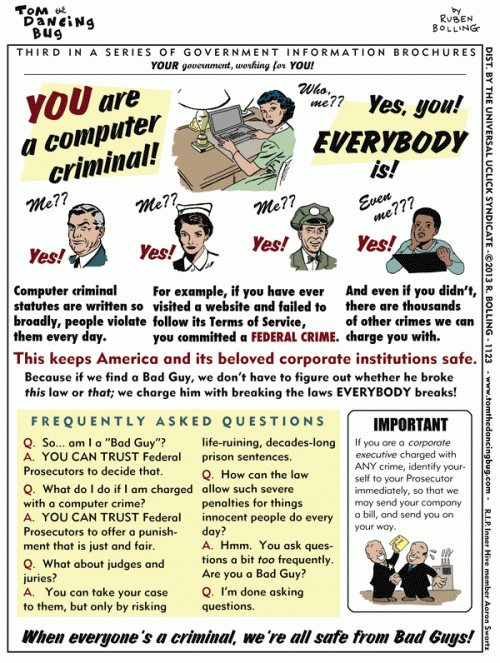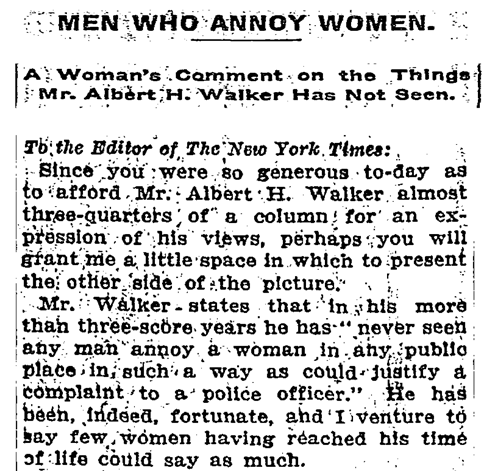My esteemed co-blogger lists the usual pope field marks — old, male, conservative, homophobic, godbag — and says “that’s all you need to know” about New Pope. But it turns out, as pointed out by a few commenters downthread, that Francis I is worse than that. A lot worse.
Says commenter sc_e94313c775e472e2749a200883fdec2e (can I call you “sc_e”?)
As an Argentinian I can confirm your “rumours” and add that this guy was a collaborator with the military during the last coup d’etat during the 70′s : Among many things, he informed to the military that two monks that were working in a low income neighbourhood were no longer protected by the catholic church, facilitating their detention and posterior disappearance.
Mind you, to “dissapear” at that time meant to be detained by the military, held without rights or trial, possibly (and often) tortured under suspicions of being a Marxist/ “terrorist”, being completely incomunicated with your family and finally be killed and buried on an unmarked grave, or thrown form a plane into the river.
Thrown.
From a fucking plane.
Into the river. (Known as “deathflights”: http://en.wikipedia.org/wiki/Death_flights )
I’ve seen some “progressive” Catholics in the English-speaking world already lauding this guy for his apparent concern for the poor. I seem not to be able to embed Storify curations here, so here’s a link instead: Check out this Storify being collected by Asteris Masouras. And if you’re an English speaking progressive of whatever religious orientation who doesn’t know what the Dirty War was, you need to learn. This Al Jazeera documentary is a start. (Serious trigger warning for, well, everything.)



